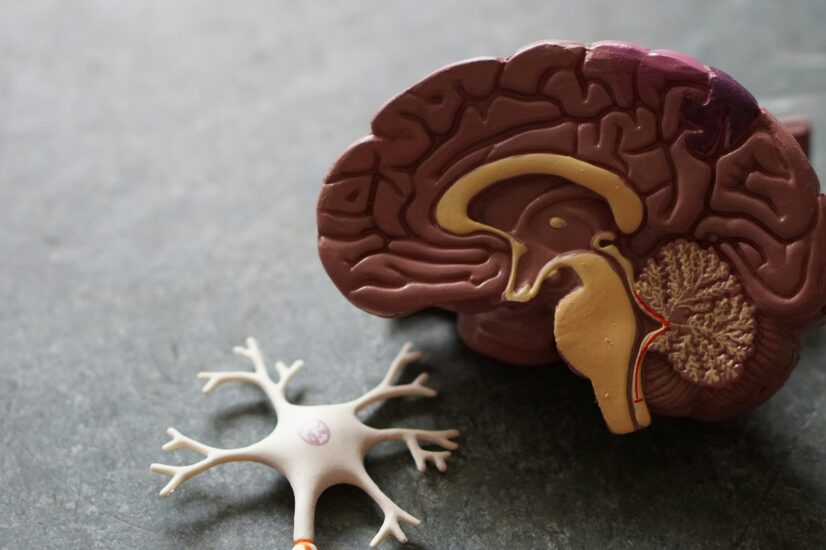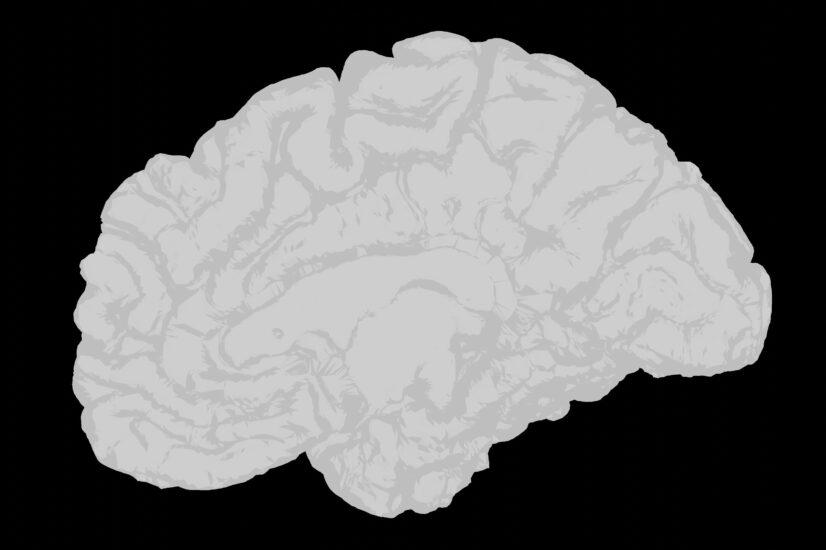
Posted March 28, 2019

Estrogen is a fundamental regulator of the metabolic system of the female brain and body. Within the brain, estrogen regulates the chemical that maintains cell-to-cell communication. During menopause, the decline in circulating estrogen contributes to a decline in brain cellular energy. Many researchers have proposed that the loss of estrogen may significantly contribute to cognitive decline and Alzheimer’s disease risk in women. (It is worth pointing out that men also undergo age-related changes in hormones that contribute to their risk for dementia.)
Research now supports the idea that post-menopausal hormone therapy can modulate brain bioenergetics likely leading to the maintenance of cognitive function and reduced risk of Alzheimer’s disease. (Any discussion of hormone therapy as a treatment strategy should take place with a doctor as estrogen receptors exist throughout the body, including in the breast and ovaries; as a result, hormone therapy could increase the risk for certain types of cancers in other places in the body.)
More research is being conducted to explore exactly why women are at increased risk for developing Alzheimer’s disease and whether targeting declining estrogen levels could afford protection against the development of Alzheimer’s disease.
Lisa Mosconi, Weill Cornell Medicine





